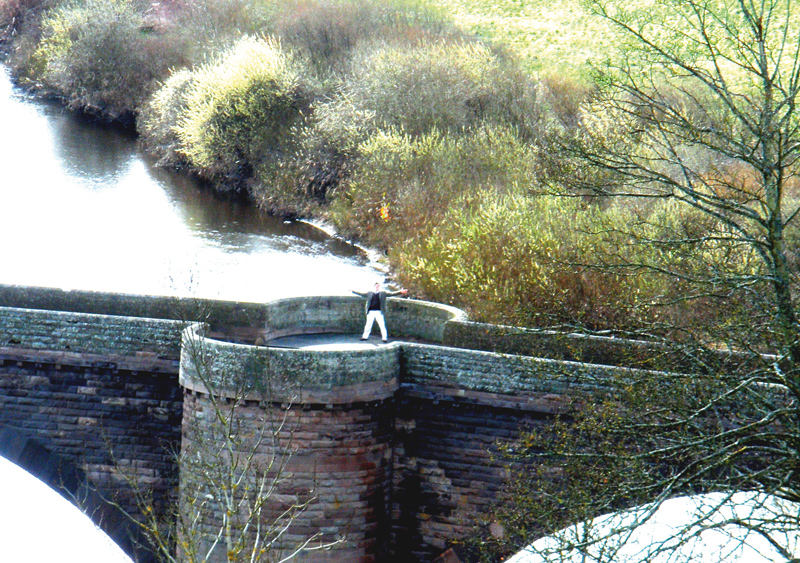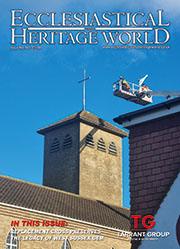Cross border expertise

Experts practicing across national borders have an added responsibility – to ensure their work is presented according to the codes required in the country of delivery. Professionals working in the USA, where legislation differs from state to state, or in parts of mainland Europe, will be more familiar with this extra challenge than we are … but devolution cometh.
The offices of property specialists Smith & Garratt Rural Asset Management overlook the River Tweed from the ancient hamlet of Ladykirk – about 300 yards north of the Scottish Border. Principal surveyor Hugh Garratt acknowledges that professionals along the Border have to be mindful of the increasing differences in law and procedure between England and Scotland. “Scotland has preserved its own legal system since the inception of the Union and devolution is bound to widen the difference with every piece of legislation produced by the Scottish Government, and with every piece of UK legislation that is implemented differently across the Border. Even European legislation, which you would think applies consistently across the UK, is treated differently – because court procedures differ, or legislation is enacted with slight but significant differences”.
Mr Garratt, who is double-qualified as a surveyor and in law, appreciates the assistance provided by instructing solicitors. “Whichever side of the Border you are, going to law is expensive. Everyone understands that the expert is there to help the process reach the right conclusion and a bit of teamwork goes a long way towards avoiding confusion, mistakes – and costs.”
Smith & Garratts’ caseload arises on both sides of the Border, from its three areas of expertise – planning and development; heritage property; and ‘private client’ work – which Mr Garratt describes as, “anything other surveyors and solicitors don’t feel comfortable doing – usually niche valuations, tax work, compulsory purchase, specialised surveys, and dispute resolution.” The firm is regularly in demand for planning appeals and Public Inquiries; and for resolving disputes – typically regarding boundaries or compensation for interests in land. Mr Garratt sits on the Forestry Commission Review Panel, which addresses disputes concerning woodland; the RICS Dispute Resolution Panel for boundaries; and has RICS Accreditation in Building Conservation. He believes that working on both sides of the Border broadens his experience, gives him the opportunity to compare different approaches, and helps him apply the best solution to each case.
A recently resolved English case concerned a boundary of a different kind. Following a trip and fall that occurred on land of unknown ownership, a personal injury claim was settled. Neighbouring landowners and joint defendants – a highways authority and a harbour board – were left to decide which of them was to pick up the bill. Solicitors agreed to bring in Smith & Garratt. Having seen that neither defendant held Registered Title to the site of the accident, the expert researched other materials relating to Title. Finding nothing conclusive, he looked for historic and current evidence relating to user and to responsibility for maintenance. Again nothing conclusive was found, and Mr Garratt fell back on the general rules for highway dedication, refined by case law, to reach his conclusion.
Did the case highlight cross-border differences? “Not hugely”, Hugh replies. “Had similar circumstances arisen north of the Border the Titles would be Scottish; and the research would have involved cross-checking Scottish statutes and cases. As the underlying principles are similar, our conclusion would probably be similar, but the procedures are different in Scotland – and we would have ‘kilted’ our report.”
What, we wondered, is the term used by cross-border professionals to describe a document with language adjusted for use in England? “I’m afraid it is ‘shell-suited’,” smiles Mr Garratt.
For further details please see our website www.smithandgarratt.com















